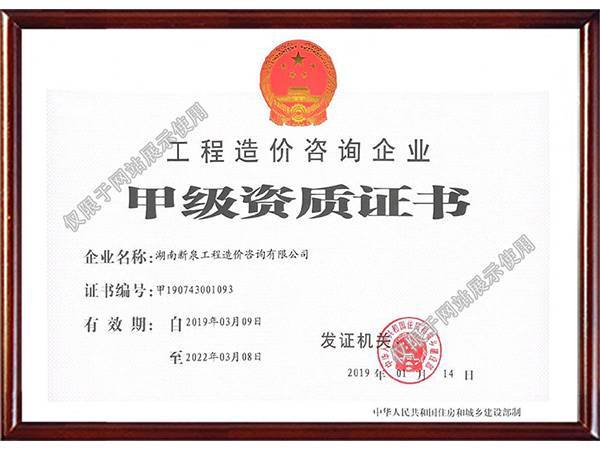0731-85221278
荣誉资质
2020
08-1111
2020-0808-11
2020
2020
08-1111
2020-0808-11
2020
2020
08-1111
2020-0808-11
2020
2020
08-1111
2020-0808-11
2020
2020
08-1111
2020-0808-11
2020
2020
08-1111
2020-0808-11
2020
2020
08-1111
2020-0808-11
2020
2020
08-1111
2020-0808-11
2020
2024
05-2727
2024-0505-27
2024
2024
03-2929
2024-0303-29
2024
2024
03-2828
2024-0303-28
2024
2023
12-2929
2023-1212-29
20232023
07-2828
2023-0707-28
2023
2023
03-1010
2023-0303-10
20232022
12-2222
2022-1212-22
2022
2023
02-2727
2023-0202-27
20232023
02-1616
2023-0202-16
2023
2023
01-2727
2023-0101-27
2023
2024
03-2929
2024-0303-29
2024
2024
03-2929
2024-0303-29
2024
新泉文化
2023
12-0404
2023-1212-04
2023
2023
11-3030
2023-1111-30
2023
2023
11-2020
2023-1111-20
2023
2023
11-2020
2023-1111-20
2023
2023
10-1717
2023-1010-17
2023
2023
10-1616
2023-1010-16
2023
走进新泉
致力于提供优质咨询服务
米兰平台,(中国)科技公司成立于2003年,一直精耕于工程造价咨询和工程招标代理领域,具备工程造价咨询甲级资质、工程招标代理甲级资质、政府采购代理资格、工程造价鉴定资格。公司服务范围包括:全过程工程造价咨询、工程项目管理咨询、园区(片区)开发咨询、专项研究咨询、招标代理、军工涉密业务咨询、司法鉴定、投资决策综合性工程咨询、项目中期评价、项目后评价、PPP咨询、绩效评价、决策咨询、管理咨询等咨询业务。公司现有在职员工180余人,其中高级工程师、全国注册造价工程师、造价员、招标代理专职人员等具有中级职称以上的专业技术人员100多人。员工专业技能精湛、执业品质优良、执业经验丰富。
公司以诚信为基础,注重公司队伍及品牌建设,着力提升员工的执....
企业动态
2025
03-3131
2025-0303-31
2025
2025
02-2828
2025-0202-28
2025
2025
01-2020
2025-0101-20
2025
2024
12-1717
2024-1212-17
2024